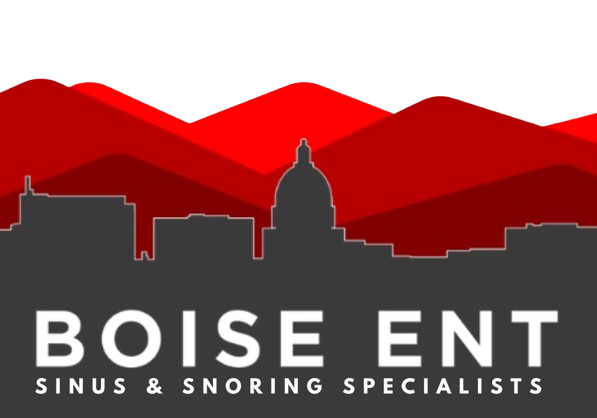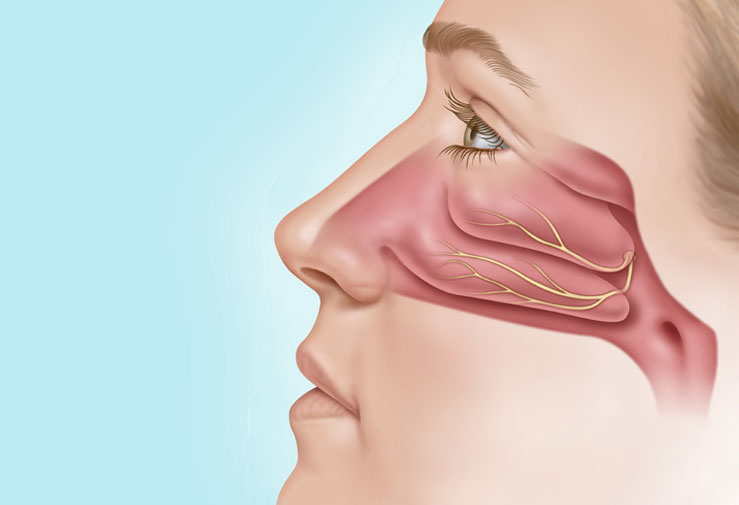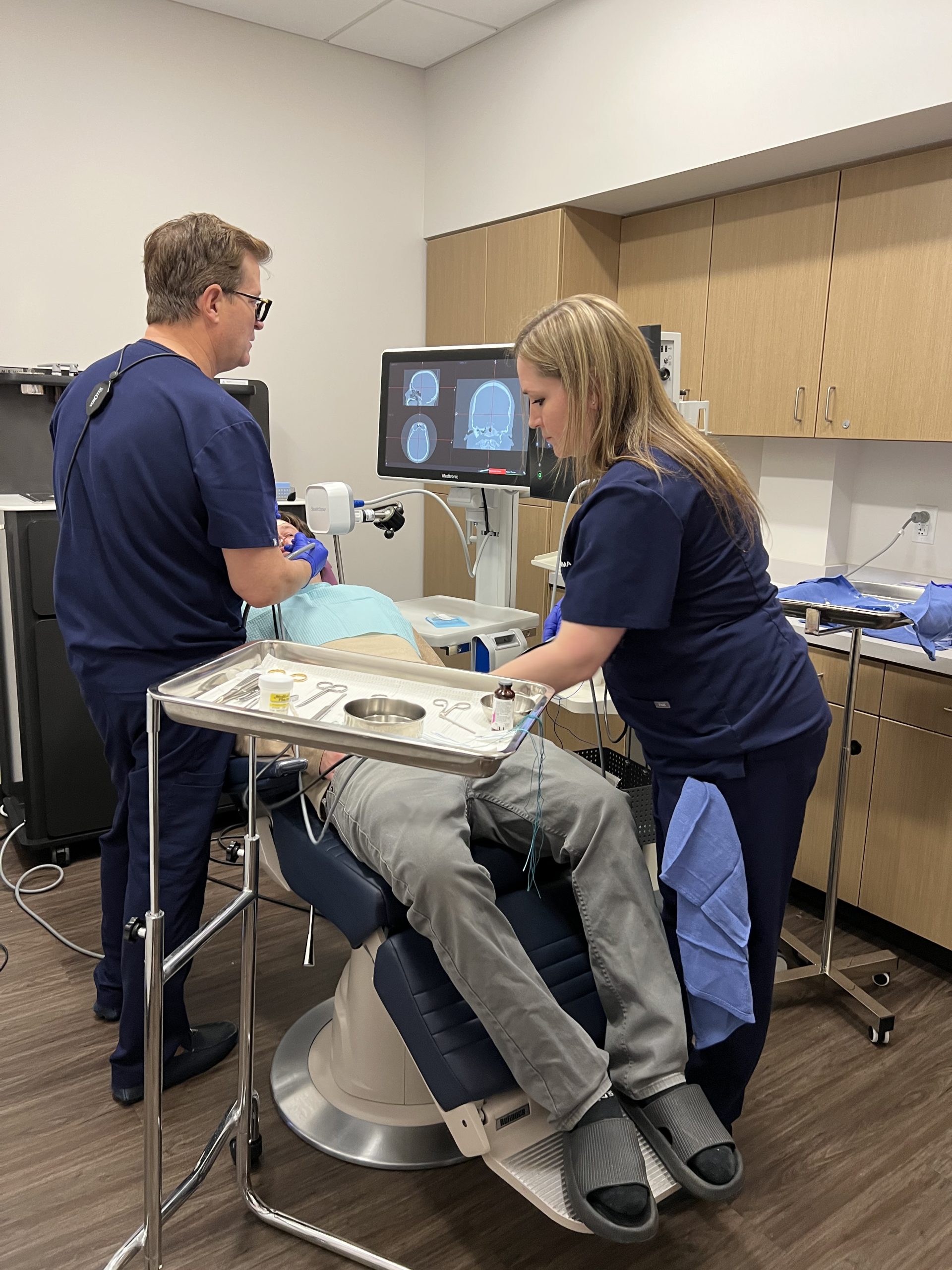Are You a Candidate for Sinus Surgery?
Several conditions would require the use of sinus surgery to help alleviate symptoms. The most common would include sinusitis. Sinusitis is the swelling of the passages and sinuses that result in a stuffy nose, pressure in the nose, eyes, and forehead, coughing, nasal drainage and more.
Another common reason for sinus surgery is a nasal polyp. Enlarged polyps or clusters of polyps are swelling of the nasal lining inside the nose. If they expand a person can experience a reduced sense of taste and nasal blockages that could infect the sinuses.
Deviated septums block one side of the nose causing a reduction in air flow. Treatments exist to reduce the swelling of the nasal tissue that contribute to the deviation, but in some cases when the patient does not respond to medication, surgery is needed to restore balance of nasal airflow.
For more on how sinus surgery can help see our patient testimonial on sinus surgery.
Contact A Boise Sinus Surgeon Near You
Sinusitis and other sinus conditions can be painful and debilitating. An experienced ENT specialist near you can help determine the best course of action whether it be a treatment or sinus surgery. Here at Boise ENT Sinus & Snoring Specialists, we have years of experience helping patients get relief from their sinus troubles with our effective treatment methods. If you are looking to speak with a sinus surgeon in or near Boise, ID, contact our office today to set up an initial consultation. (208)-229-2368
We treat sinusitis, rhinitis, deviated septums, nasal injuries, and other nose conditions.
Sinus Surgery Recovery Information
After having ENT surgery in Twin Falls, it is important to follow any recovery instructions you receive from your ENT specialist this will help you to recover faster and to reduce the risk of post-op complications or infection. For most sinus surgeries the expected recovery is anywhere from 1-2 months. During this time it is important to reach out to your ENT doctor if you think something does not feel right, if you are experiencing heightened pain or excessive bleeding.
Some common steps when it comes to sinus surgery recovery and post-up include:
Recommended Irrigation Care:
Irrigation frequency (starting 1 week AFTER surgery):
• 3-5 times daily for 1 week
• 2-3 times daily for the next two weeks
• 1-2 times daily for the next one to several weeks
We recommend the kit provided by our office, Boise ENT Sinus & Snoring Specialists or store-bought salt
packets, however, there is a recipe for making your own homemade solution if desired:
• 1 cup warm water
• 1/4 tsp. salt
• 1/4 tsp. baking soda
Also see our printable handout for sinus surgery post-op recovery instructions.


